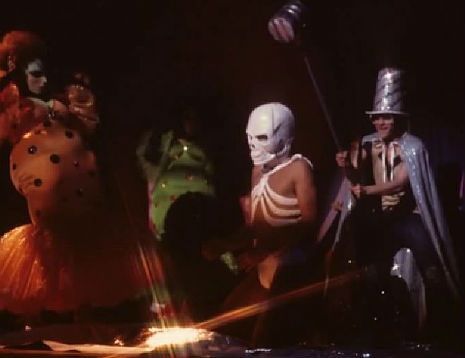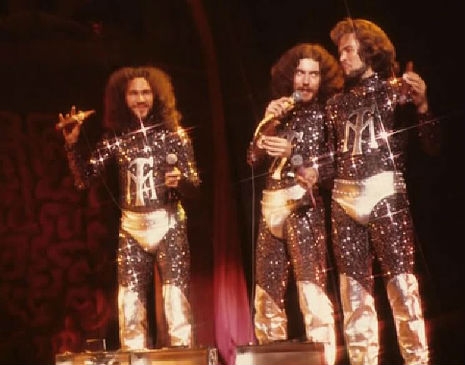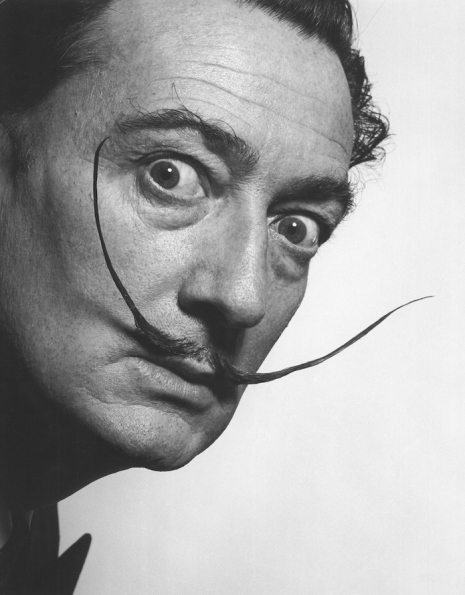
Unless you’re a fan of Barbra Streisand movies, then the name Billy Rose probably won’t mean much. Billy Rose was a legendary Broadway impresario and songwriter—now best known for such show tunes as “Paper Moon” and “Me and My Shadow.” If you like la Streisand then you’ll know James Caan played Billy Rose to Barbra’s star comedian Fanny Brice in the hit movie Funny Lady. Billy Rose and Fanny Brice were for a time married. They were a celebrity couple like Brangelina or Beyonce and Jay Z.
That Billy Rose isn’t so well known today just goes to show how being a celebrity don’t mean shit in the long run. We might remember his songs, maybe even read about his stage shows, but we don’t care about the man. What is remembered are those people of exceptional talents who change everything.
Salvador Dali was such a talent.
Dali was talented and prolific. So prolific that he produced posters for the Communist Party the same decade he designed the window displays for Bonwit Teller in New York. Everything was open to the Dali treatment.
However, some possibly more green-eyed individuals thought Dali was only after one thing. His fellow Surrealist André Breton gave Dali the nickname “Avida Dollars.” The name was an anagram of Salvador Dali and was intended as a damning insult. The Surrealists thought Dali was only interested in money. Avida Dollars was a phonetic rendering of the French phrase “avide à dollars” which means “eager for dollars.”
It was Billy Rose who helped the Dali stage his “Dream of Venus” exhibit at the World’s Fair in 1939. This started an unlikely friendship between Dali and the showman known as the “Basement Belasco” and the “Bantam Barnum.”
Dali was so enamored with his new Broadway buddy he gave Billy a series of paintings titled “The Seven Lively Arts.” When these were later lost in a fire at Billy’s home, Dali replaced the work with a new painting called “Rock ‘n’ Roll” in 1956. That’s how tight these two were at one point.
Of course, Dali was shrewd enough to know giving paintings to a big impresario like Billy Rose would establish his name among the celebrity and monied social circuit and bring himeven more fame and success.
In 1948, Dali supplied a series of beautiful ink illustrations for Rose’s autobiography Wine, Women & Words. Rose was like a character out of a Damon Runyon story written by Raymond Chandler. Here’s how Rose opens his autobiography:
I was born the night President McKinley was shot, and a lot of fellows around Broadway will tell you they shot the wrong man.
The coming-out party took place on a kitchen table in a tenement on the lower East Side. When my mother first saw me, she prophesied, “Some day he’ll be President.” My father looked at me and said, “He’s all right, I guess, but what we really needed was an icebox.”
Yet this mix of showbiz wiseguy and Surrealist genius actually worked.
Each chapter in the book had its own illustration—with one (“Poor Eleanor Knows Them by Heart”) having two. Each focussing on some key moment or anecdote from Rose’s career. There was also quite a lot on his relationship with his then wife Eleanor Holm—the woman he left Fanny Brice for—who had been a star of his swimming extravaganza Aquacade at the World’s Fair of 1939.
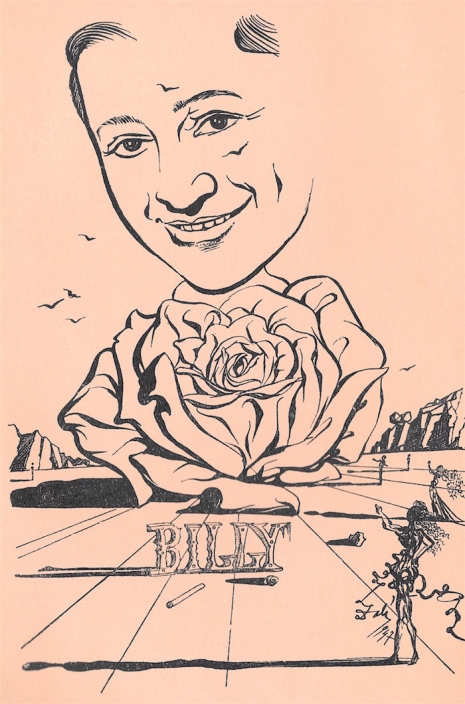
Billy Rose.
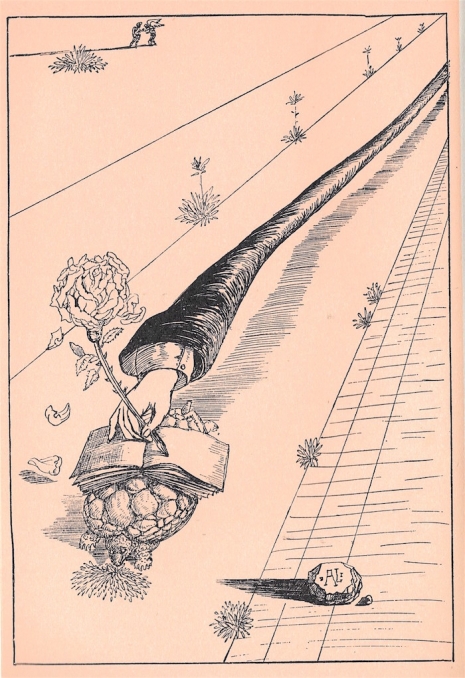
“Look, Ma, I’m Writing.”
More after the jump…






